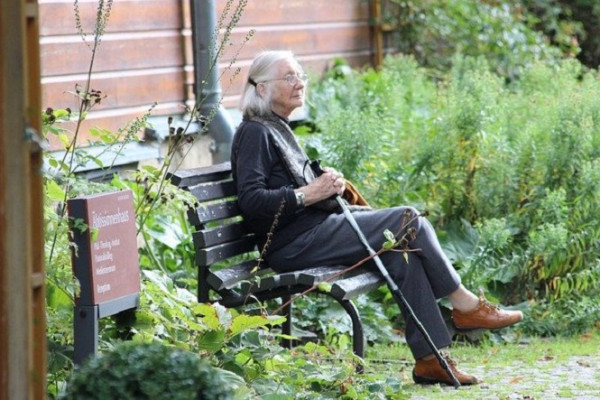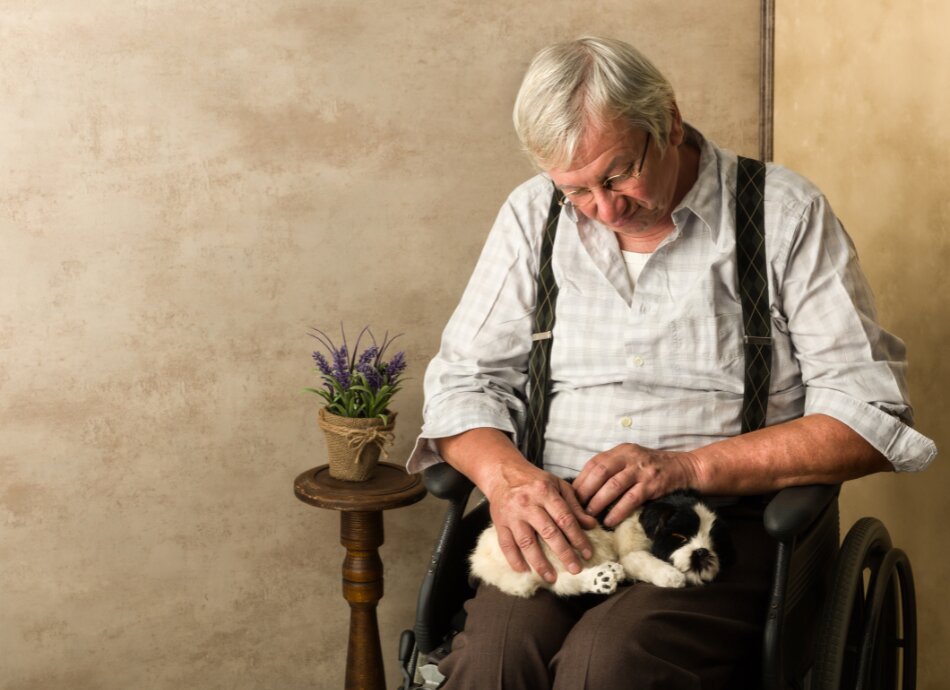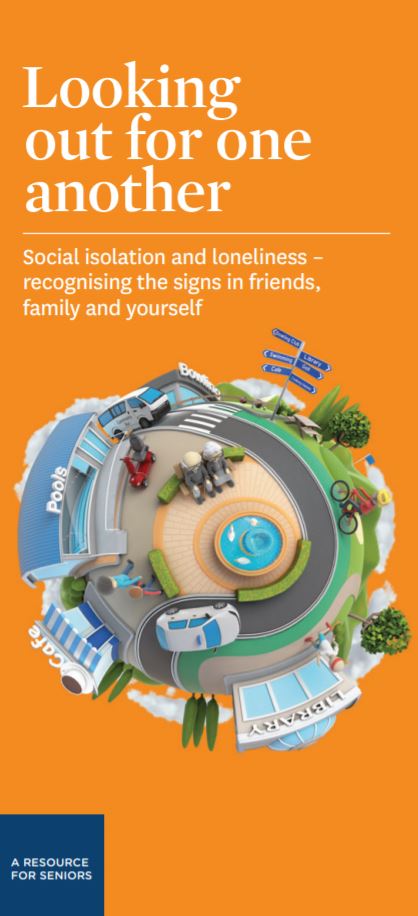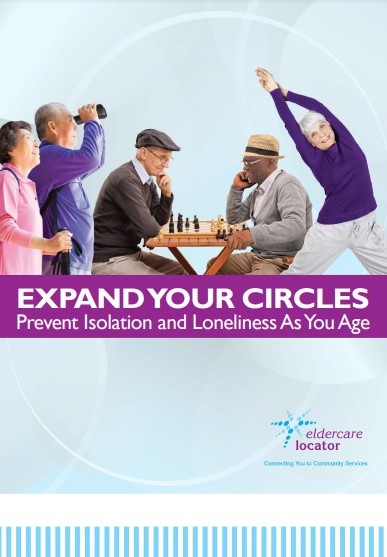Clinical resources
The following information is from Social isolation – how to help patients be less lonely(external link) PatientInfo Professional, UK, 2016
Diagnosis
Primary care practitioners are in a unique position to identify social isolation or loneliness, as they are in contact with 3 of the groups most at risk: very old people, bereaved people and people with disabilities or chronic health conditions.
Consider social isolation in any isolated person, especially those who are housebound. Possible signs include:
- verbal outpouring
- prolonged holding of your hand or arm
- body language: defeated demeanour, tightly crossed arms and legs
- drab clothing.
Lonely people who are reluctant to go out may have depression, anxiety, agoraphobia, deafness or urinary incontinence. Lonely and isolated people are also at risk of nutritional problems and are a potential suicide risk.
Management
A review found that educational and social activity group interventions that target specific groups of people can alleviate social isolation and loneliness among older people. The effectiveness of home visiting and befriending schemes was unclear.
Wherever possible, lonely people should be offered opportunities to reach out to others so that they retain active involvement in the pattern of their own lives, rather than sitting passively waiting for the doorbell to ring. Lonely people may need encouragement and guidance on how to be creative and how to have a positive approach to meeting others.
See some suggestions from PatientInfo here(external link) and on our loneliness overview page.









